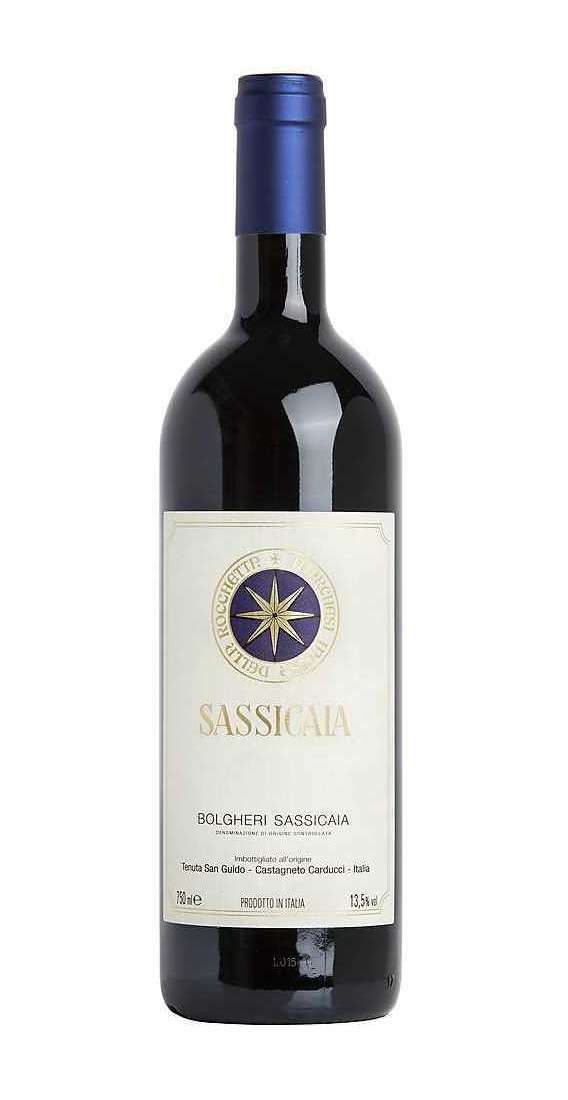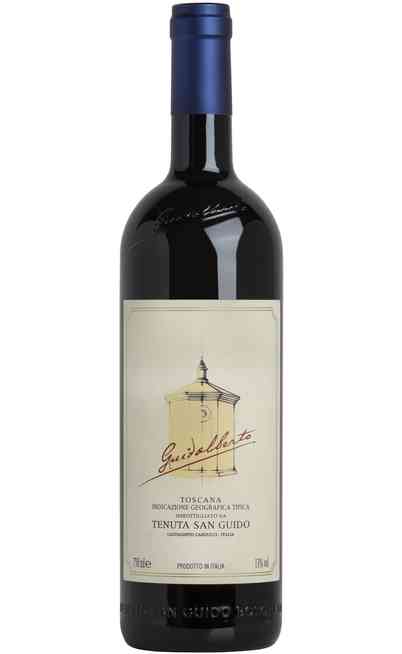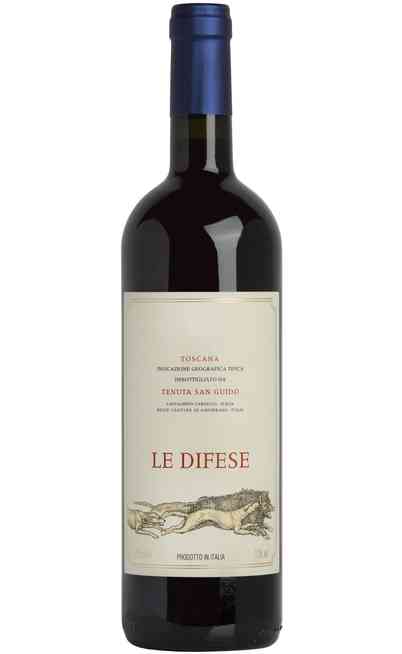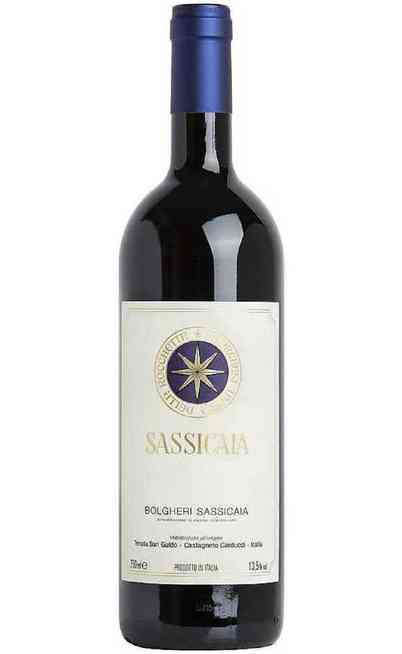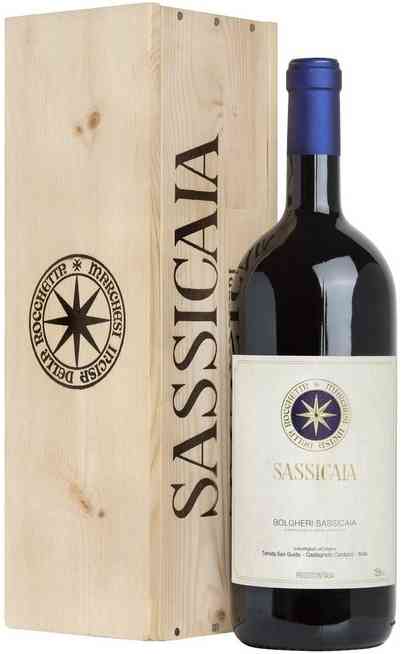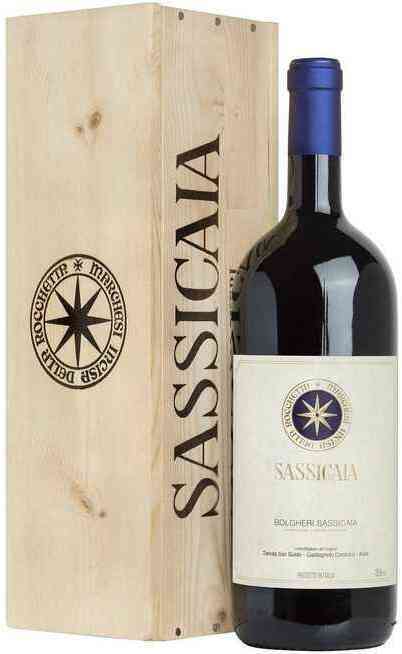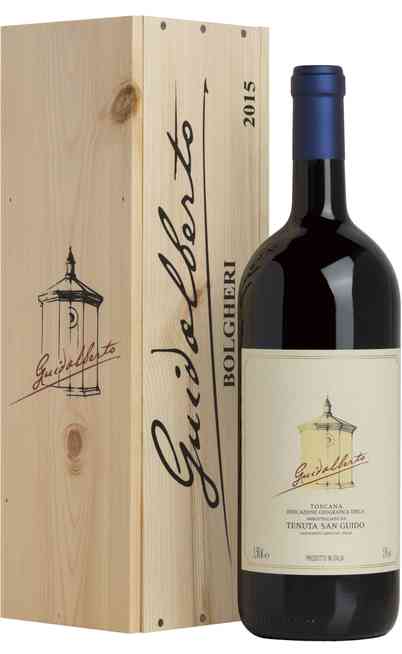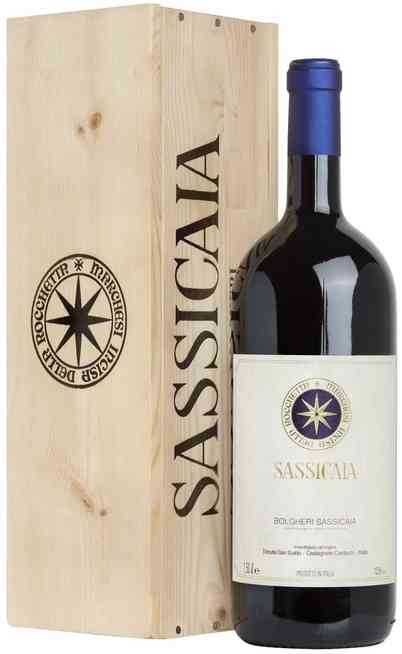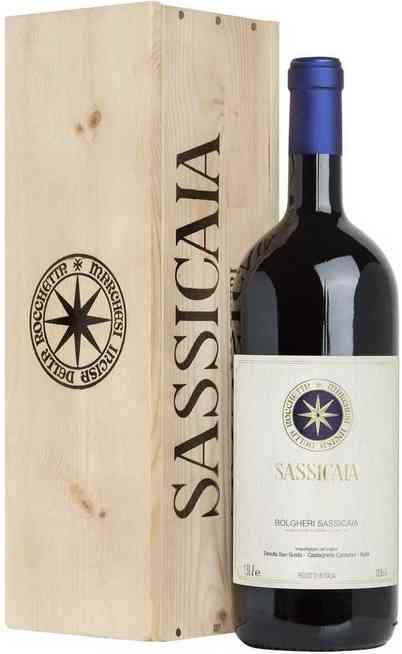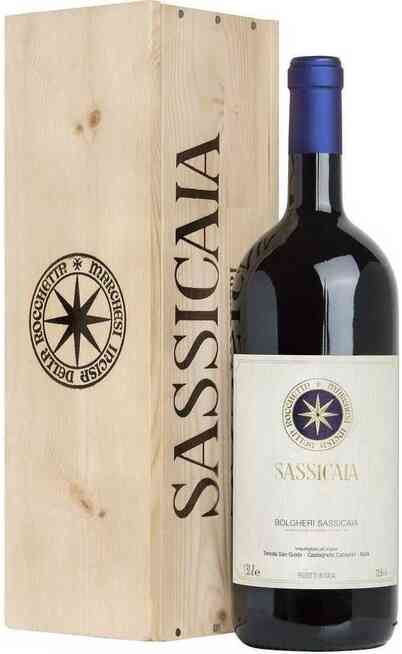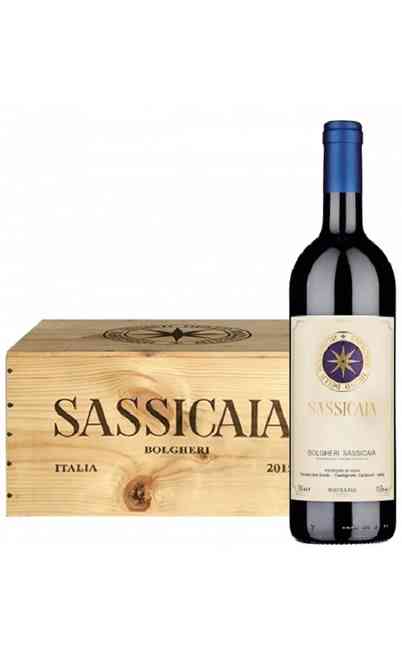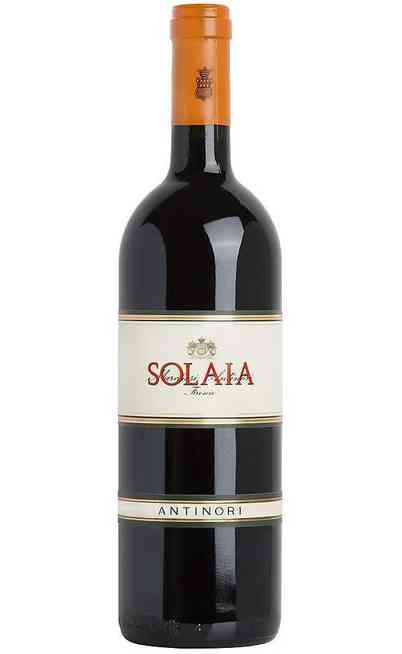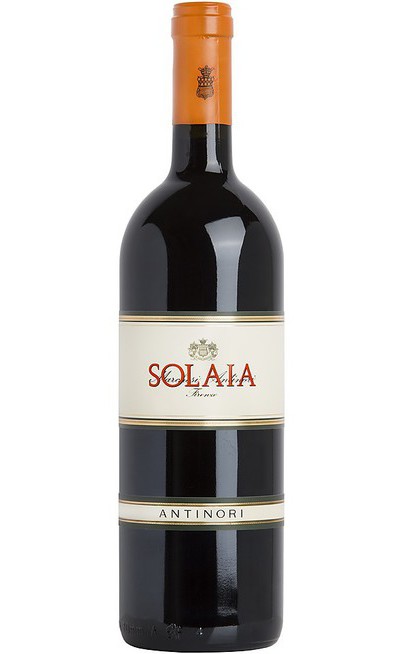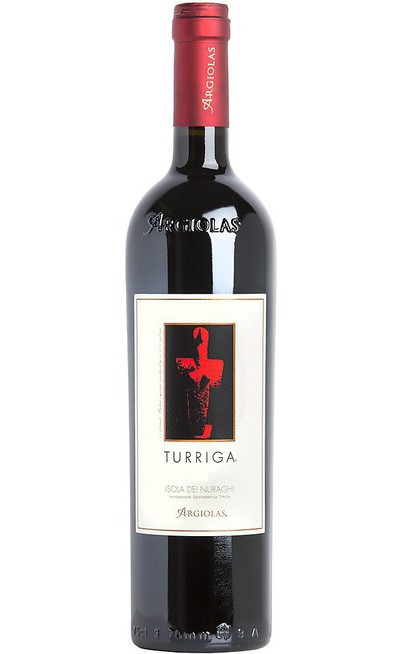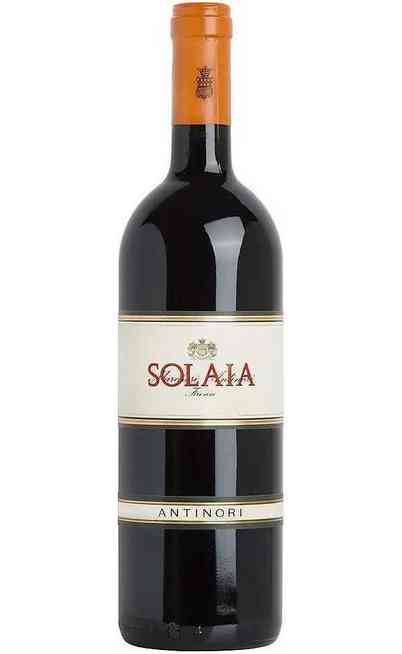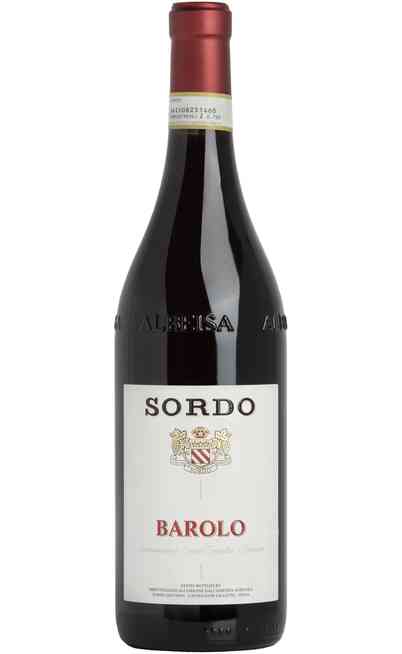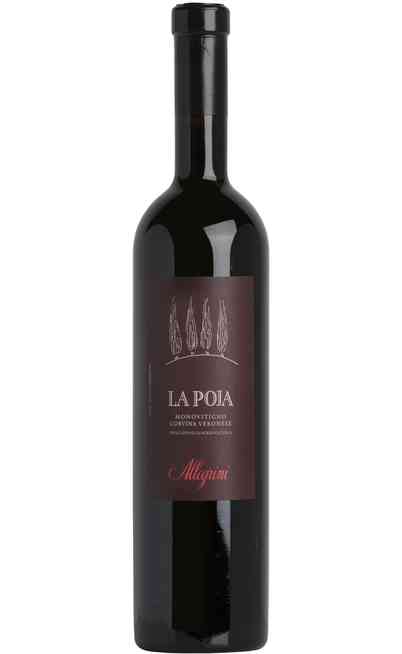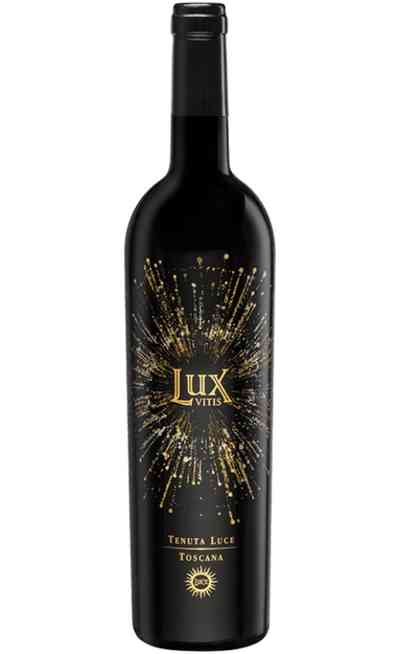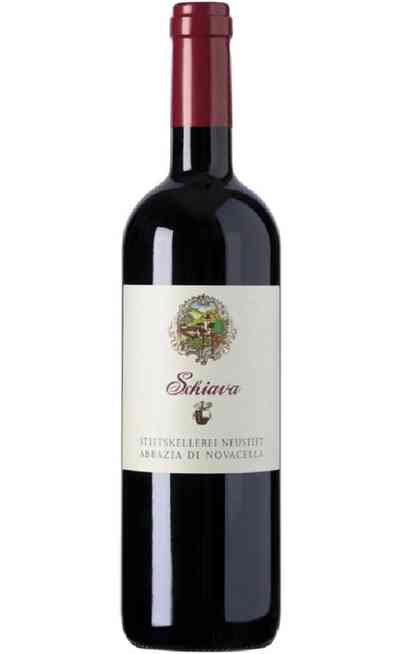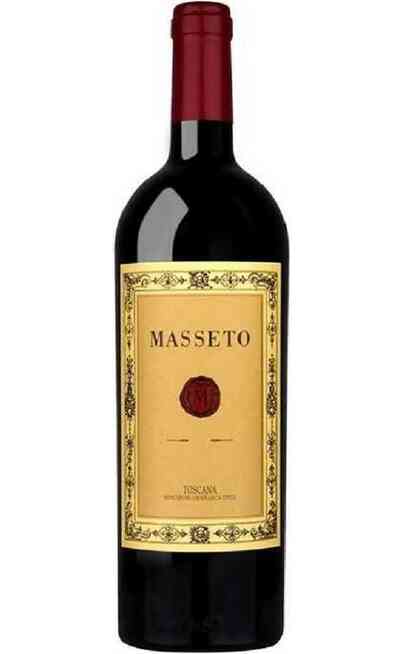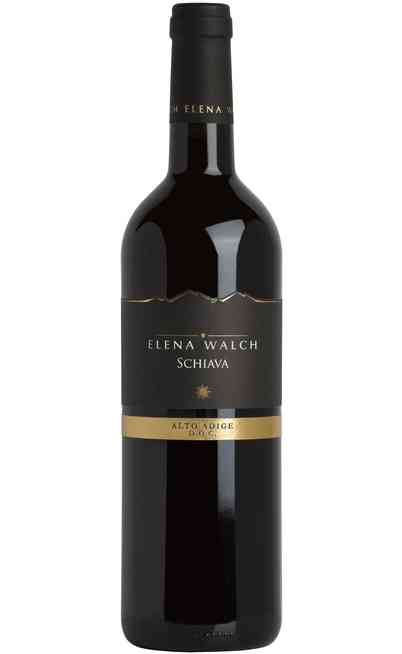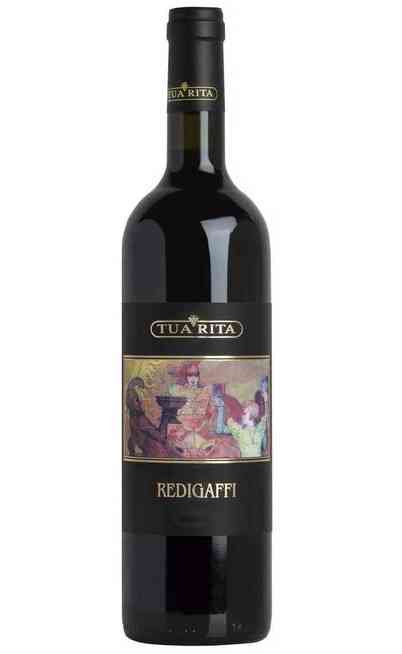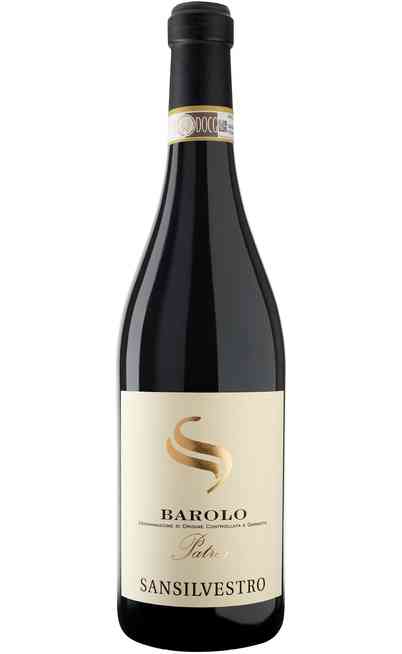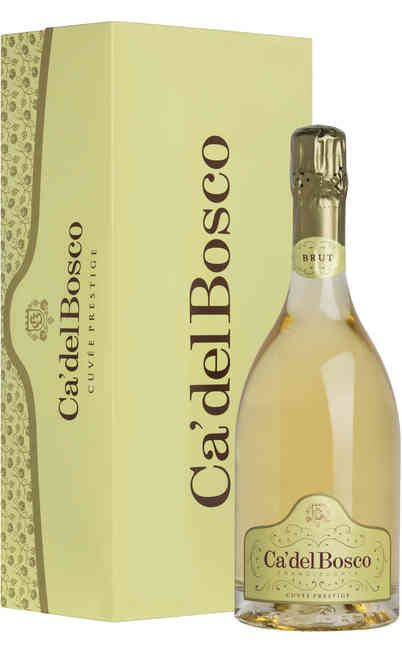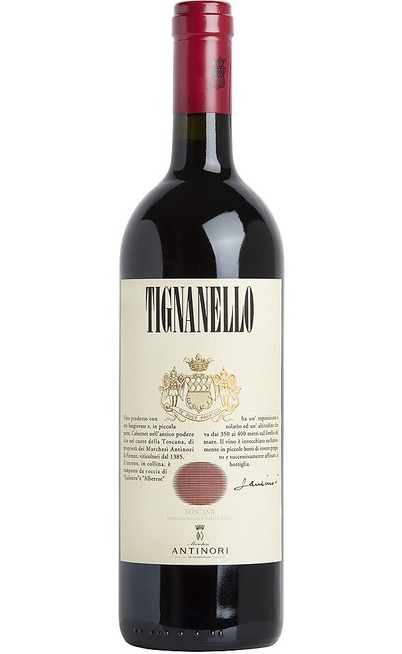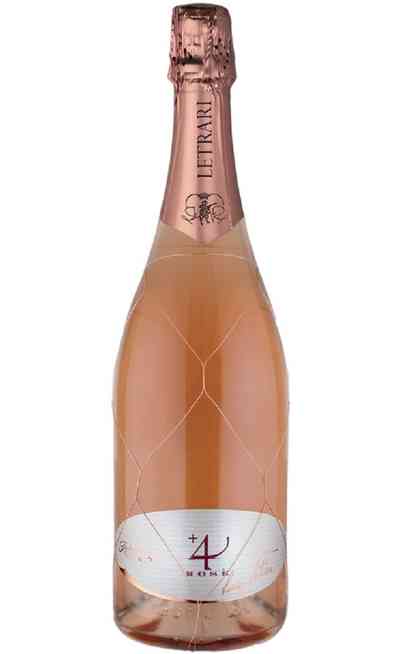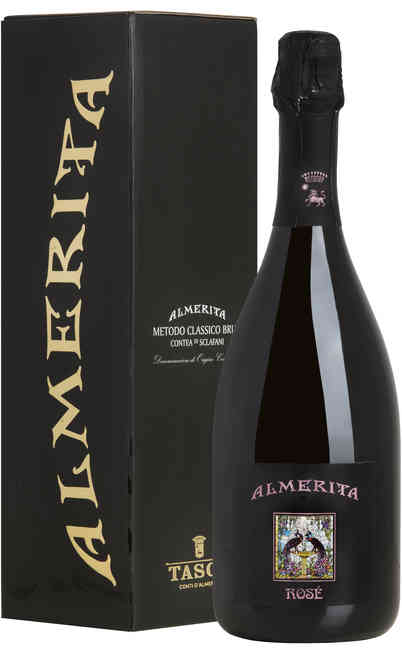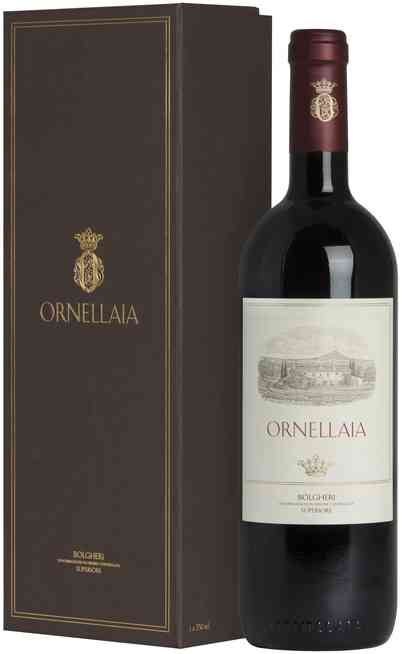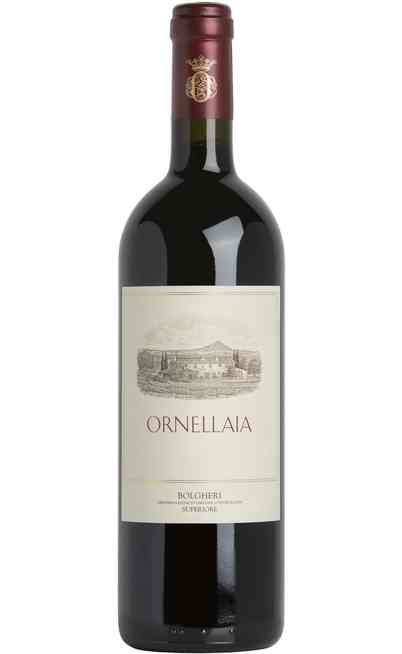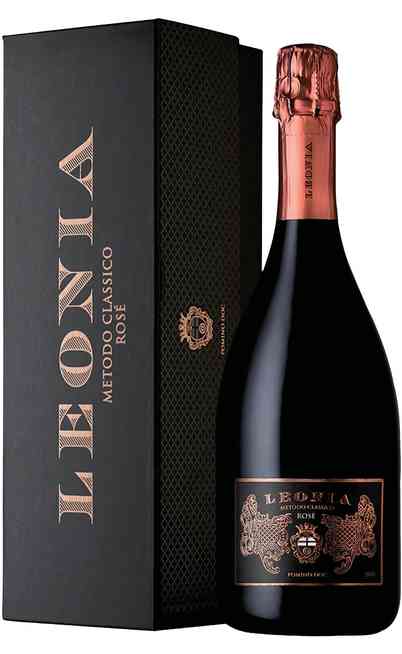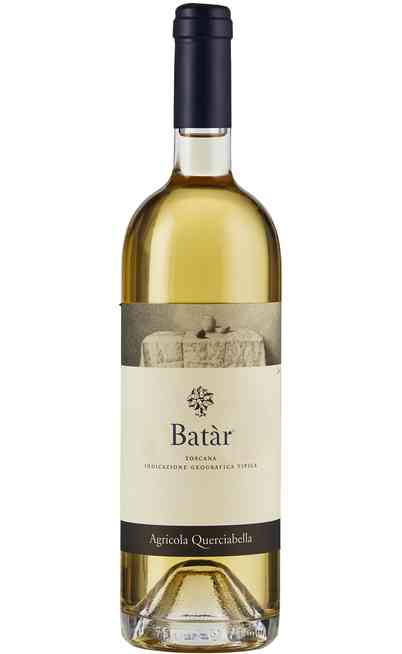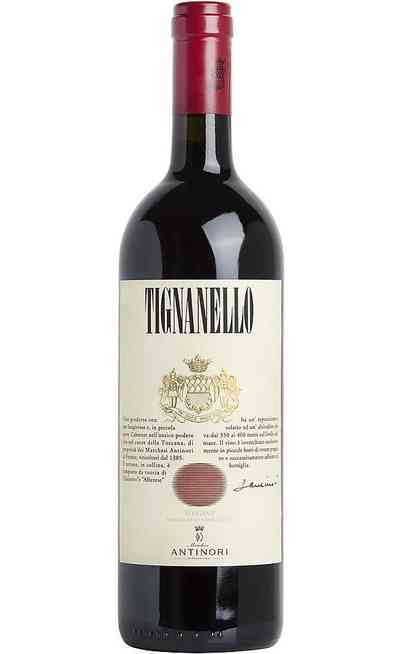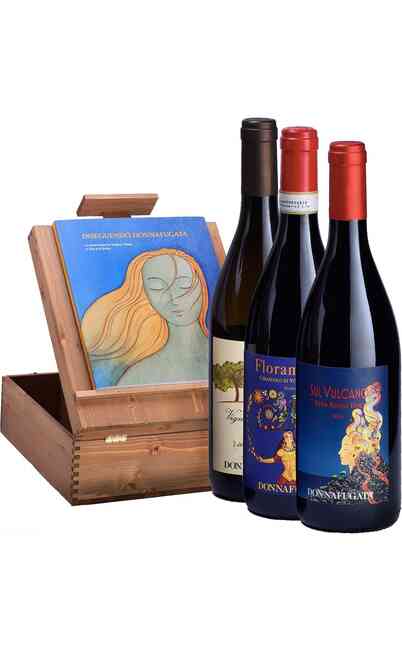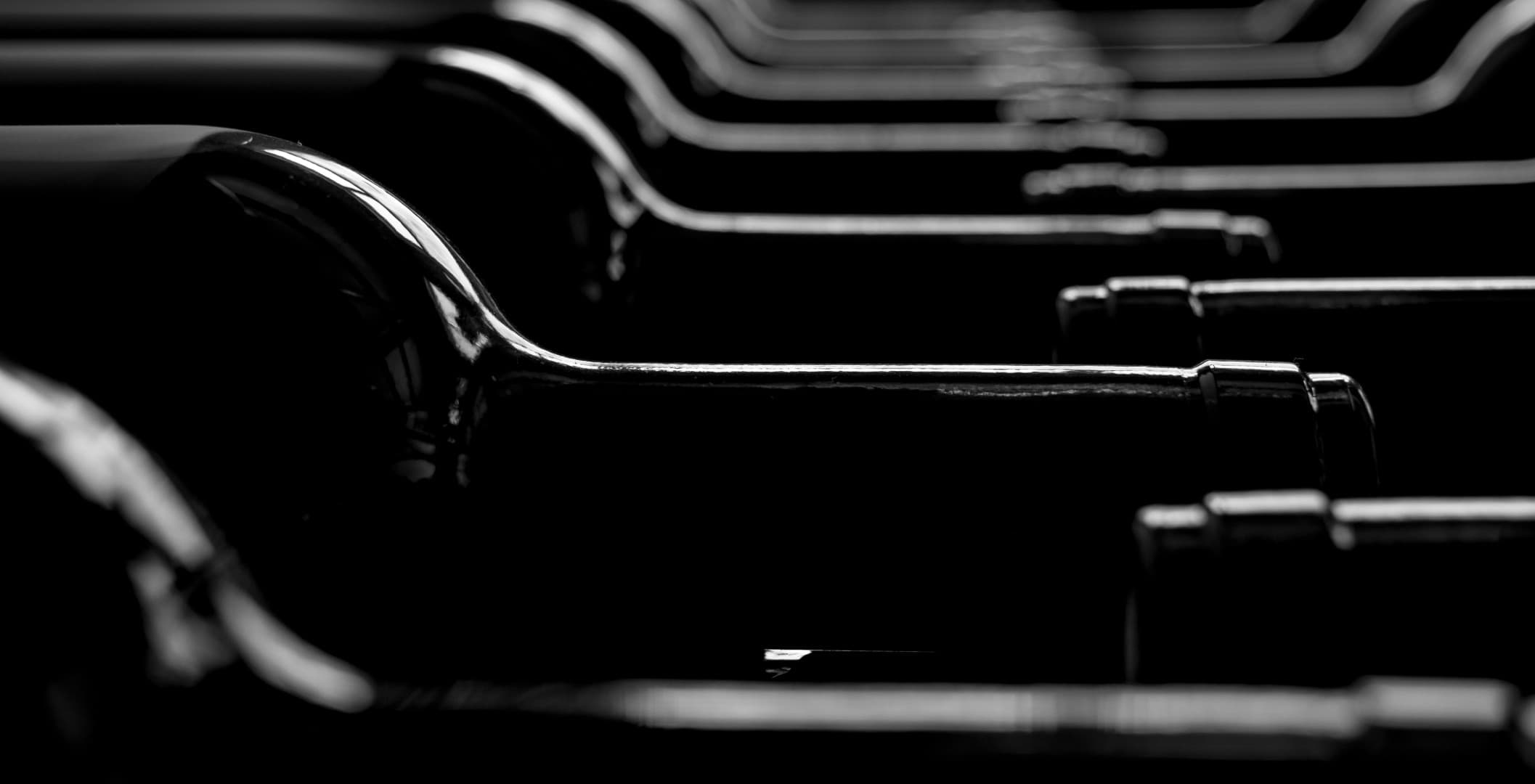Sassicaia 2020 Tenuta San Guido
| Sommelier score | 94/100 | 2025 |
| 3 Bicchieri gambero rosso |



|
2016 |
| James Suckling | 97/100 | 2016 |
| 5 Grappoli AIS |





|
2016 |
| 3 Bicchieri gambero rosso |



|
2023 |
| 3 Bicchieri gambero rosso |



|
2024 |
| Winery | Tenuta San Guido |
| Denomination | Bolgheri Sassicaia DOC |
| Vintage | 2020 |
| Grapes | 85% Cabernet Sauvignon, 15%Cabernet Franc |
| Alcohol content | 13,50% |
| Cl | 75cl |
| Sulfites | Contains sulphites |
| Code ICQRF | LI/638 |
| Winery headquarter | Tenuta San Guido - Bolgheri (LI) - Località Capanne, 27 |
| Bottle size | Standard bottle |
| Combination | Cold cuts and salami, Sliced beef, Pasta with meat sauce, wild game, mushroom risotto, Hard cheese, Tagliatelle with mushrooms, Florentina Steak |
| Region | Tuscany (Italy) |
| Style | Full-bodied and intense |
| Wine list | Bolgheri |
The most famous wine is Italy is honored by the DOC Bolgheri Sassicaia. The Tenuta San Guido produces this magnificent wine composed by a refined blend which is atypical for the production area but very profit especially if joined to the most typical ones of this production area. The blend is composed by 85% Cabernet Sauvignon grapes and 15% of Cabernet Franc. All the vineyards are cultivated on calcareous soils rich of marl and stones which is also partially clay located at 100-300 meters above the sea level and they are exposed at west, South-west. The cultivation method is the cordon spur which permits a density from 3600 and 5500 for the oldest one and up to 6200 trees per hectare for the youngest. There is a manual picking of the grapes starting from the Cabernet Franc that firstly achieves the phenolic maturation. It is picked in the very first days of September. Then there is the Cabernet Sauvignon in the first decade of September which finish with the vines located at Castiglioncello di Bolgheri in the very first days of October. The wine making process starts with the pressing of the grapes and the following fermentation in steel tanks where the must stays under temperature control at 30°-31°C without the addition of any yeasts. The maceration on peels lasts 9-12 days for both the Cabernet which are kept separated. During this process there are several pumping over. The malolactic fermentation takes place in stainless steel and before the aging the blend is unified. After the malolactic fermentation it takes place the aging for 24 months in French oak barrel. Finally there is the bottling and it takes place the aging in glass before being commercialized.
Characteristics of the Sassicaia wine of Tenuta San Guido
For the description of this very refined, prestigious, classy and fixed character red wine which is the symbol of the local history and tradition, URITALIANWINES has been helped by the renowned Italian wines guide of the Gambero Rosso where the Sassicaia is judged with 3 wine glasses of the three years and where it is reworded as red of the year 2013. The red wine Sassicaia of the Tenuta San Guido is perfect. Every world can be redundant and reducing faced to the magnificent of this wine. The nose is complex, wide and multifaceted, crisp, herbs and roots, undergrowth and iodine. There are tannins, acidity and a gushing and elegant structure, sinuous, a light and dark which makes a marvelous seduction play. As we said, this is the perfection. For this reason it is the Red of the year. The famous Italian enologist Daniele Cernilli art director of the renowned website “doctorwine.it” describes it has a ruby red color wine with an intense and lively nuance with a good concentration. The smell is complex, with evident blueberry aromas joined by spicy and leather hints but also graphite in the background. The taste is tense, very elegant with fine tannins comparable to the great Pauillac ones but with a major silky touch and an enveloping body which conduces it to a fine but long ending. It would achieve the perfections only after some aging years.
Historical background of this incredible wine from Tuscany
At the beginning of the 20’s the student Mario Incisa della Rocchetta in Pisa was listening to the adults speaking of wines and he was dreaming on creating a bred wine. His ideal, as for the aristocracy of that time, was represented by the Bordeaux. This fact was reported in a letter to Veronelli dated June, 6th 1974. “The origins of the test goes back to the years 1921-1925 when I was a student in Pisa and often guess of the Salviati dukes at Migliarino where I drank a wine produced by one of their vineyard on the Vecchiano mountain which had the same bouquet of an old Bordeaux. I just taste it (because I was 14 years old and it was forbidden to drink wine) before 1915 at my Chigi Grandfather’s house.” Then he moved with his wife Clarice in the San Guido estate on the Tyrrhenian cost and there he tried some French vineyards (whom vine shoots were taken from the Salviati dukes in Migliarino and not in France) and he decided that the Cabernet had the “bouquet I was looking for and that I remember from my childhood). No one had never thought about the cultivation of vines from Bordeaux in the Maremma an unknown area concerning the wine production. The decision of implanting this vine in the San Guido estate was taken because he noticed a similarity in the soils between Tuscany and Graves at Bordeaux. Graves in fact means gravel because this area is particularly pebbly and characteristic. The Sassicaia in Tuscany has the same characteristics. The production started between 1948 and 1967 but the Red Sassicaia was drank only in the estate and only few bottles were put to age in the Castiglioncello cellar. Then the marquis realized that the wine improve with the aging. As often occurs for the most renowned wines, those details which were flaws become virtues. After many convivial nights with relatives and friends, Mario Incisa was incited to review and to refine that revolutionary wine making process. The 1968 was the first commercialized year and it had a reception deserved for a Premier Cru Bordolese. In the following years the winery was modernized and get prepared for the production of a more consistent and refined quantity of wines compared to the past home-made. The winery was moved to controlled temperature rooms, the steel tanks replaced the old wooden ones for the fermentation and the French oak barrels were introduced to optimize the aging.

